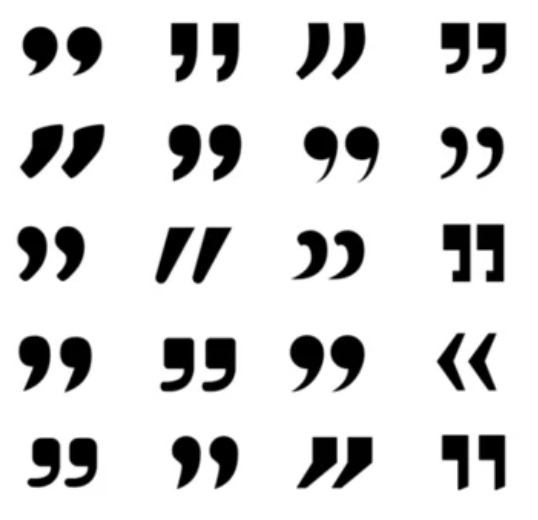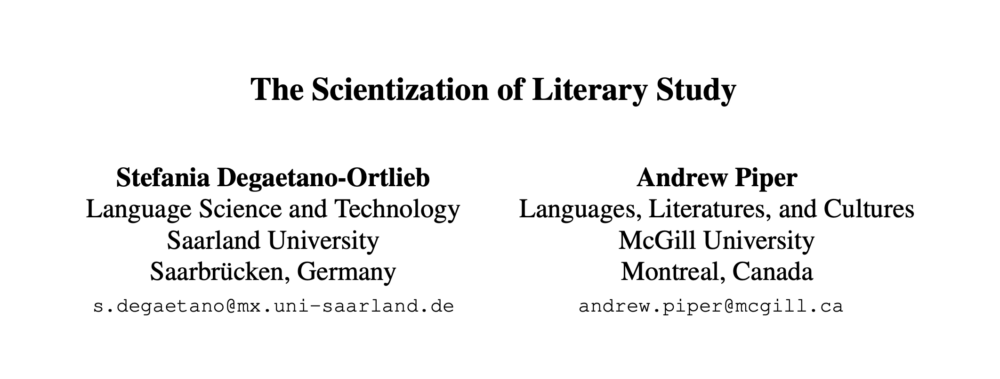The scientization of literary studies
In a new work out, I have teamed-up with my collaborator Stephania DeGaetano-Ortlieb to try to model what we call “the scientization of literary study.” The study of literature has historically been seen as a scholarly practice that is distinct from the natural sciences. Literary scholars, and humanists more generally, see themselves through a lens of distinction.
Our aim in this paper is to test the opposing view to this consensus, namely, that literary studies has over the past half-century become more “scientific.” By this we do not mean that literary studies has gradually come to share similar vocabulary or concepts to other scientific disciplines. To be “like science” in this sense does not mean the adoption of a distinctly scientific language. Rather, we define the process of scientization as a set of three interlocking linguistic practices, which we set out to test here:
- Social differentiation. To what extent has the discourse of literary studies become more/less like standard English and how does this compare to a corpus of “scientific” writing?
- Diachronic specialization. To what extent has the discourse of literary studies become more/less dissimilar to itself over time, i.e. evolved a more technical vocabulary that looks less like its past self, once again compared to scientific writing?
- and Phrasal standardization. To what extent has literary studies increasingly employed phrases as a means of standardizing technical or even colloquial jargon? How does this rise compare to the sciences?
To do so, we compare three datasets: a collection of 63,397 academic articles published between 1950 and 2010 drawn from 60 journals within the field of literary studies provided by JSTOR’s data for research servce; a collection of the Proceedings and Transactions of the Royal Society of London from 1950 to 1996; and the Corpus of American Historical English for the same time period.
Overall, we find a mixed story: one the one hand, an increasing specialization of discourse that follows a similar trajectory as the sciences, and on the other hand, effects that are less strong than in the sciences. Literary studies is scientizing, but has done so in ways that are less extreme than the sciences, occupying an interesting discursive middle ground between scientific discourse on the one hand and everyday language on the other.

